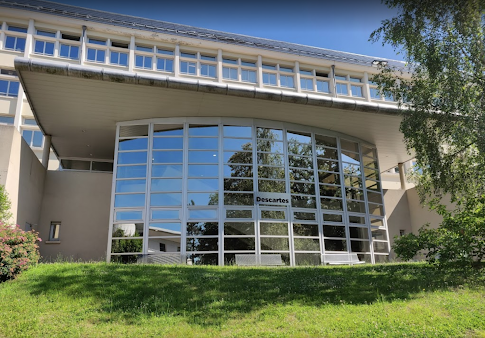Data and Algorithms for a Smart and Sustainable City
Who are we ?

The DAVID laboratory
Equipe d'Accueil 7431, created in July 2015, is a computer laboratory of the UFR des Sciences of the University of Versailles Saint-Quentin-en-Yvelines. Drawing on the expertise of three research teams, one of which is joint with Inria Saclay, the laboratory is carrying out a scientific project combining research activities concerning data and algorithms, with a major field of application, the city smart and sustainable. One of its characteristics is a strong interdisciplinarity, in particular with the Humanities and Social Sciences within the SIHS federation of the CNRS.
Director's word
The laboratory and all its members invest in interdisciplinarity between Computer Science and Human and Social Sciences, in particular within the Paris-Saclay ecosystem. This real interdisciplinarity is essential for taking into account people and society in the design of digital solutions for the city of tomorrow. » The DAVID laboratory is an actor of excellence and reference in the Paris-Saclay area around the theme of the digital city. (HCERES Evaluation Committee, 2019).
Dominique Barth — Director of the DAVID laboratory
Objective
The objective of the laboratory is to carry out research activities combining massive data (bigdata) and the extraction of quality knowledge, security and confidentiality of data, modeling and algorithms in order to propose innovative applications in the context of the smart and sustainable city.
Stakes
The challenge is both to contribute to disciplinary research fields in computer science combining data and algorithms, and to address interdisciplinary societal challenges by relying on innovative scientific applications for the city of tomorrow.
SIHS CNRS/UVSQ Federation

The DAVID laboratory
Member of the research federation "SIHS: Computer, Human and Social Sciences" of the CNRS which also concerns the CESDIP, DANTE, ISP and PRINTEMPS laboratories of the UVSQ.




